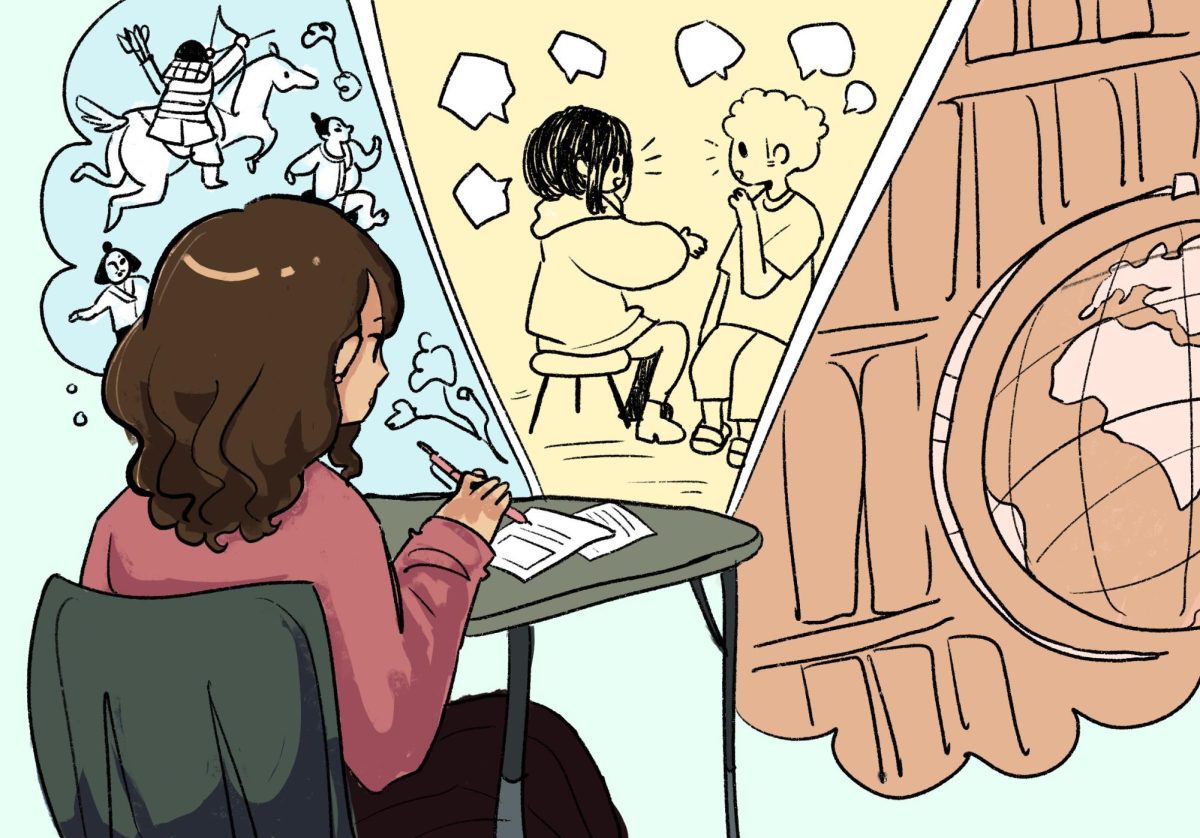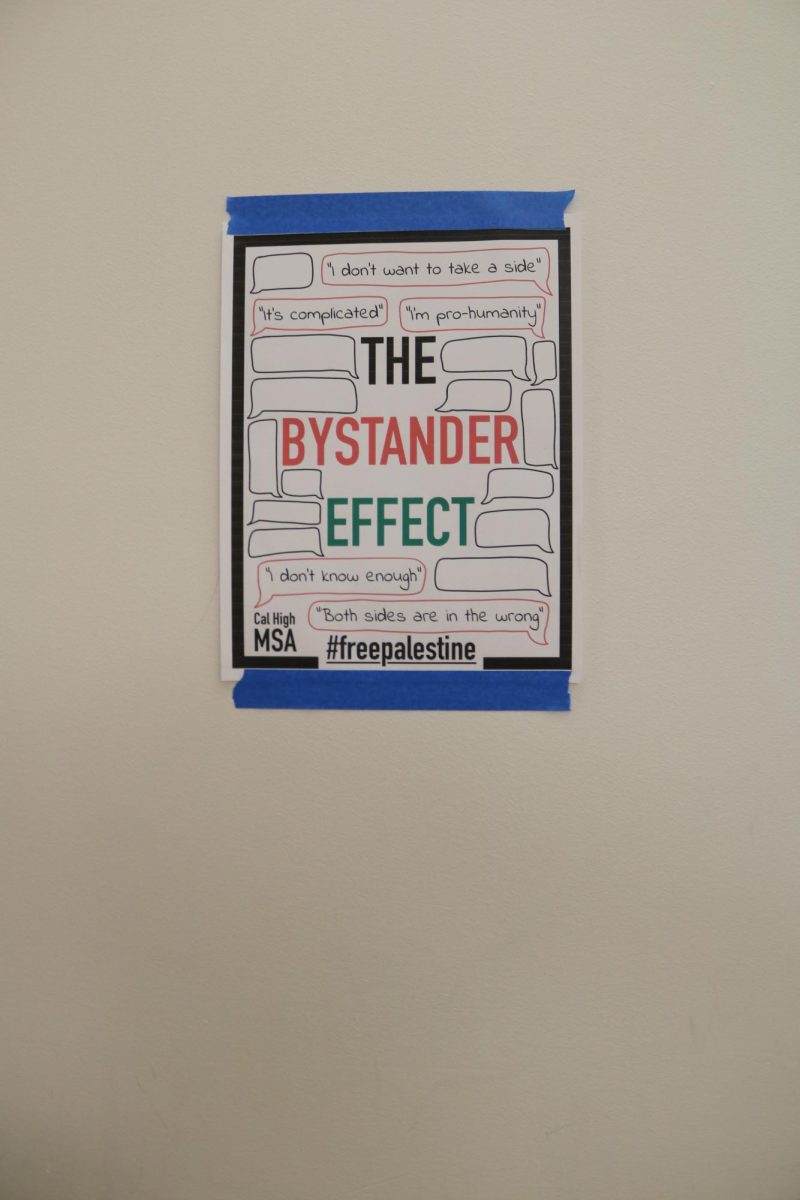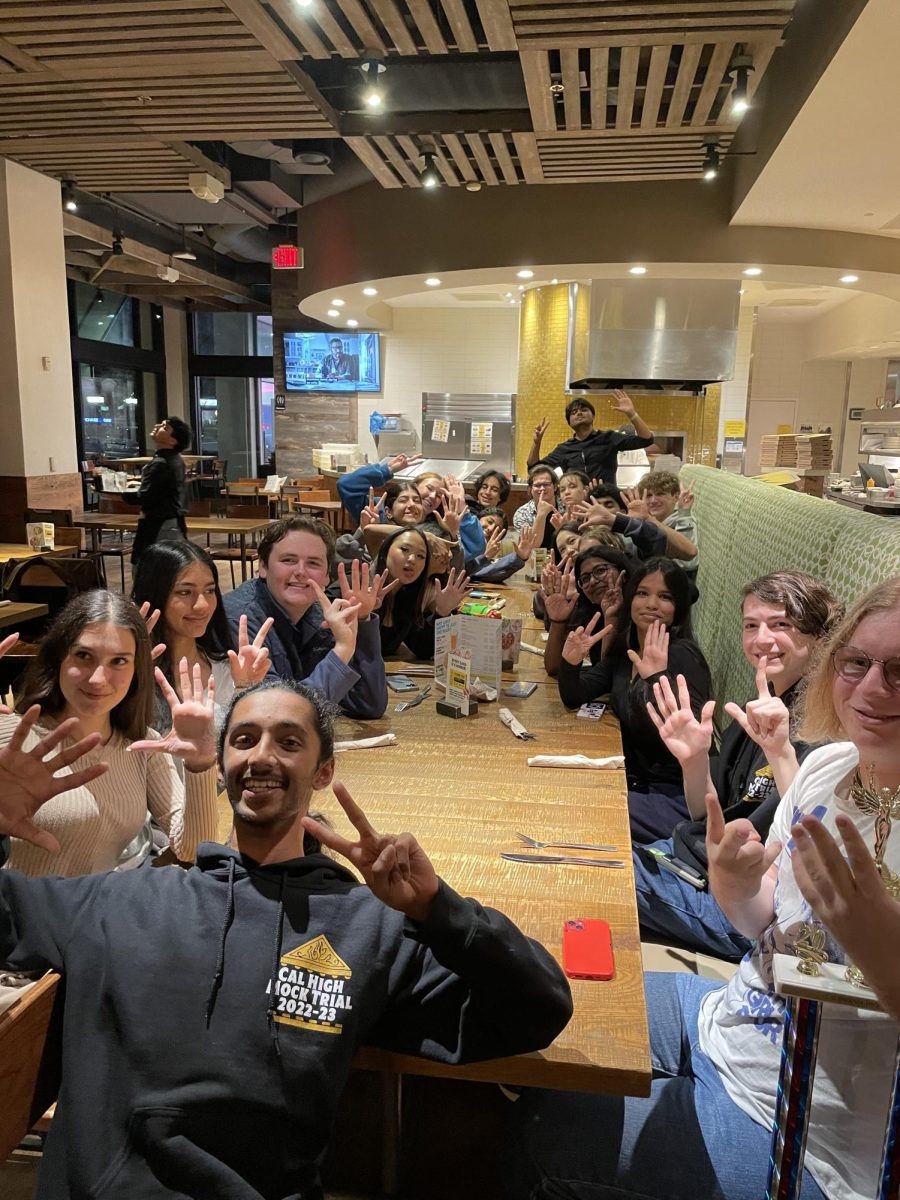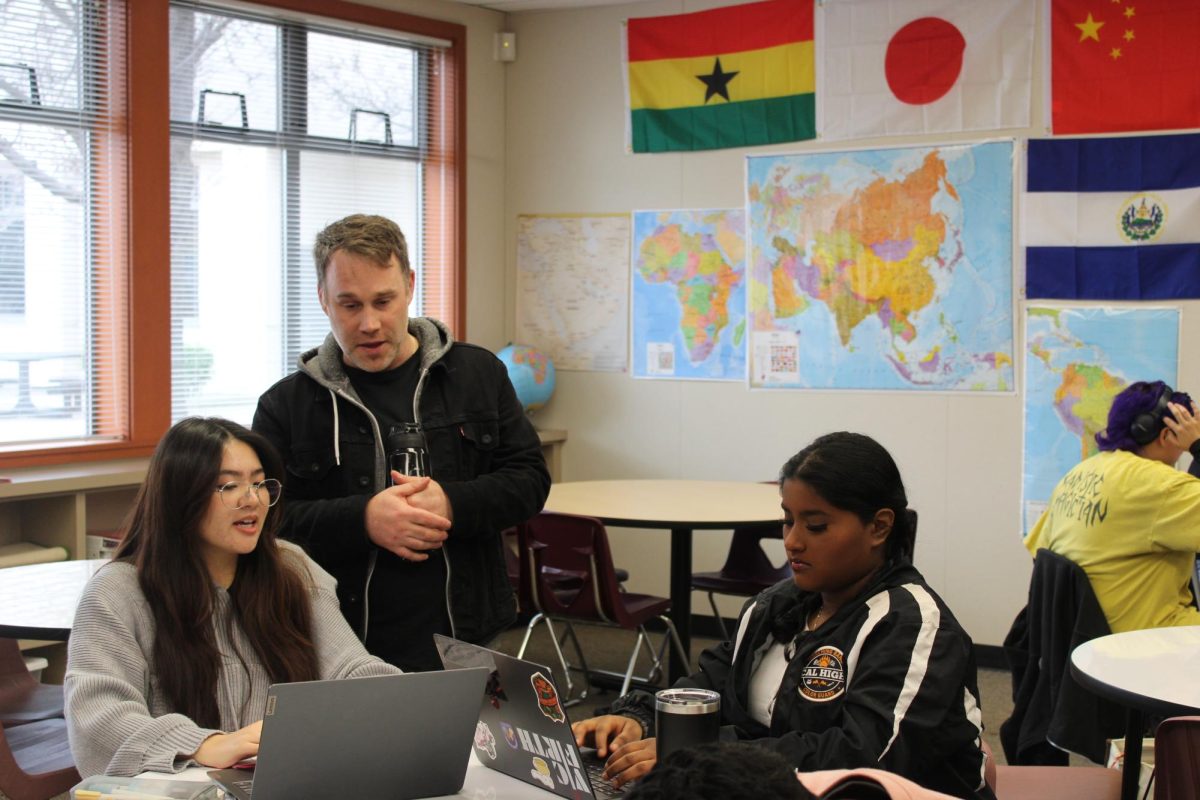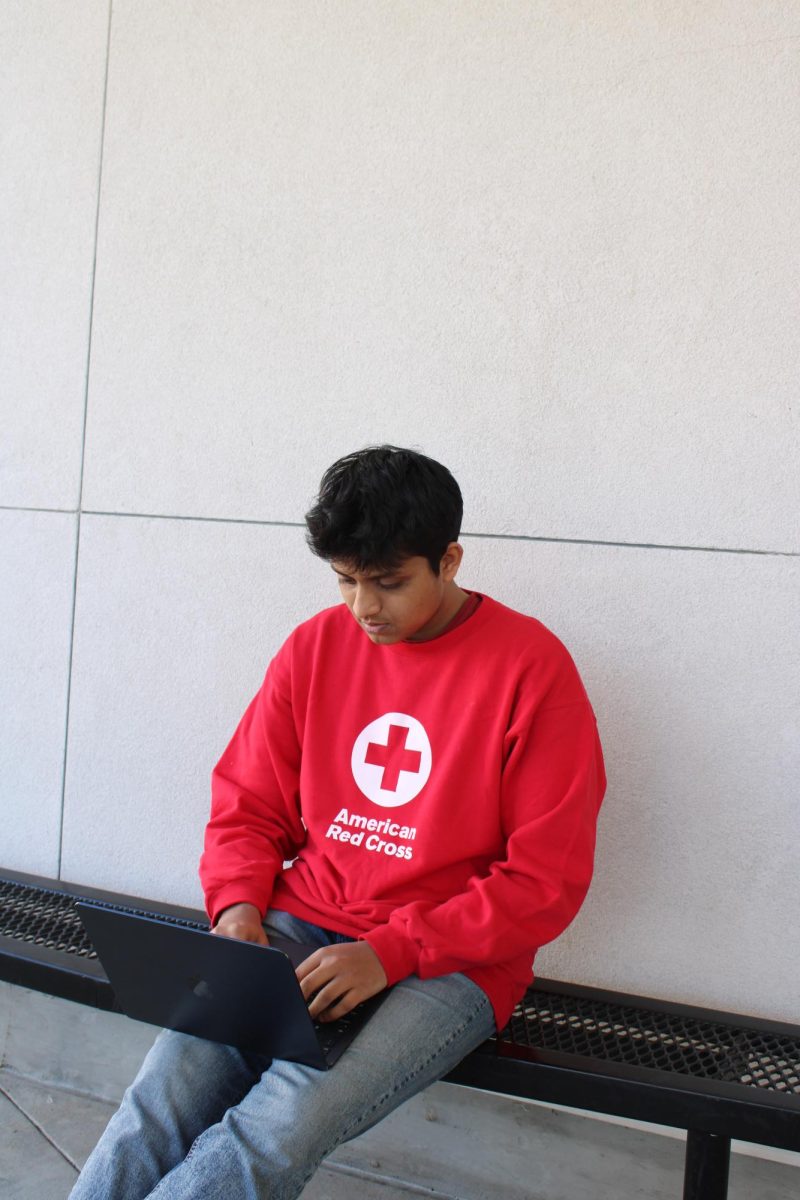Shalini Nair and Ritika Iyer
Managing Editors
Several advanced placement teachers have been forced to rewrite tests for their classes this year after learning some students had access to answers on multiple exams.
“Cheating has been going on for a while,” said AP Biology teacher Andrew White. “The only difference is impunity, students don’t even care if somebody knows.”
This year, White learned that some of his AP Biology students were downloading tests from an online test generator and memorizing the answers before coming to class on test day. As a result, White now hand writes all of his test for the course.
AP British Literature teacher Richard Hight and AP U.S. History teacher Scott Hodges were forced to do the same with many of their exams.
Students have also been caught cheating the old-fashioned way, sharing answers during a test, said AP Economics teacher Doug DeVries.
This form of cheating has also happened in Hodges’s AP U.S. History classes, where he caught multiple students cheating in what has been infamously dubbed a “cheating ring.”
The issue of cheating in AP classes was recently brought to light by several incidents in classrooms, said Principal Mark Corti.
Although cheating is a problem within the student body, many AP students do not sympathize with cheaters.
“(Cheating) comes in cycles of social acceptance and apathy,” said senior Brian Cox.
Others consider the act to be foolish and unreasonable.
“Cheating is bad because it doesn’t help you in anyway,” said sophomore Justin Linden.“I think people need to take their time in school more seriously.”
Linden said he has seen multiple students cheat on a test that Chris Doherty’s World History class had recently taken.
Junior Avanti Baronia believes when students cheat, they are not aware of the long term consequences.
These consequences are outlined in Cal’s code of conduct. The current rules state the different degrees of cheating and specific punishments students will face if caught cheating.
If caught cheating a second time, students can be suspended for up to three days and dropped from the class.
But senior Amber Mennecke has a different opinion on cheating.
“Cheating is not that bad, the inventor of Facebook (Mark Zuckerberg) did it,” she said. “It’s always about stepping on the other person to reach the top.”
Teachers believe there are common reasons students cheat. Cheaters come to class with the mindset of wanting all the points but not wanting to work for them, said Hight.
A few months ago, Hight was notified that some of his AP students were forwarding emails with pictures of test answer sheets to each other. Hight also found that an exam he had written had been posted on a web page.
“There’s an effort to do as little work as possible but not be penalized,” said Hight. “It’s a lack of confidence. Thinking is hard and copying is easy.”
White said cheating in class reflects a cycle of prey versus predator. As soon as a teacher finds a way to prevent cheating, students try to develop another.
Seeing cheating on the rise has affected teachers and the way they view their classes.
Hight said he does not take the cheating personally, but it does make him sad to see such rampant cheating, especially when he tries to make his classes as fair as possible.
“(Cheating) impacts the passion I have, it makes me cynical,” said Hodges. “Do the benefits of teaching AP outweigh the negatives? I’m having to question.”
